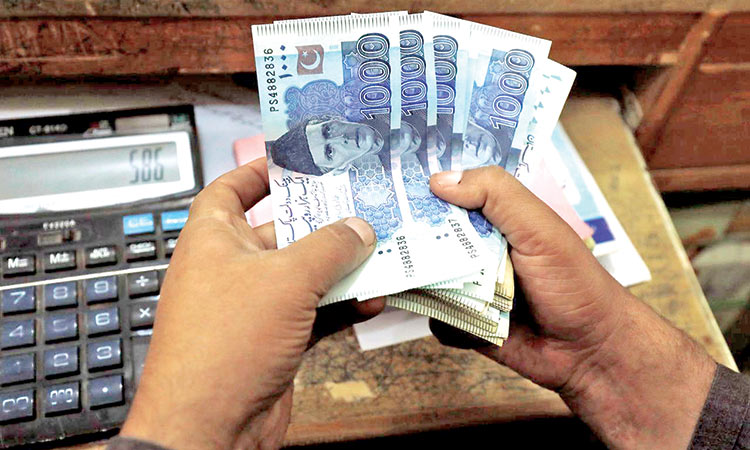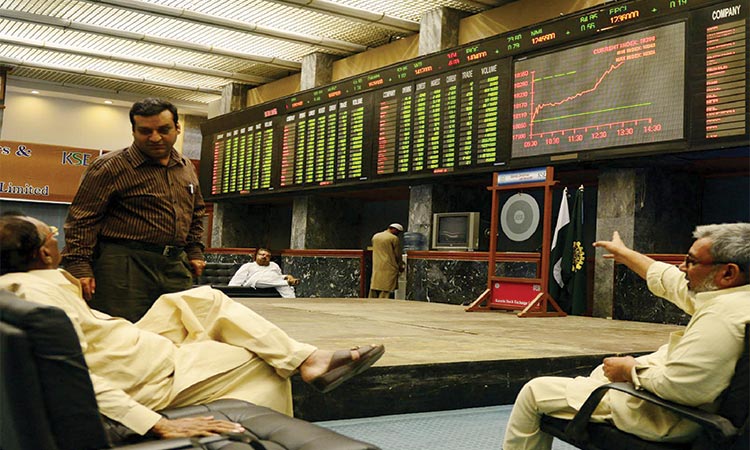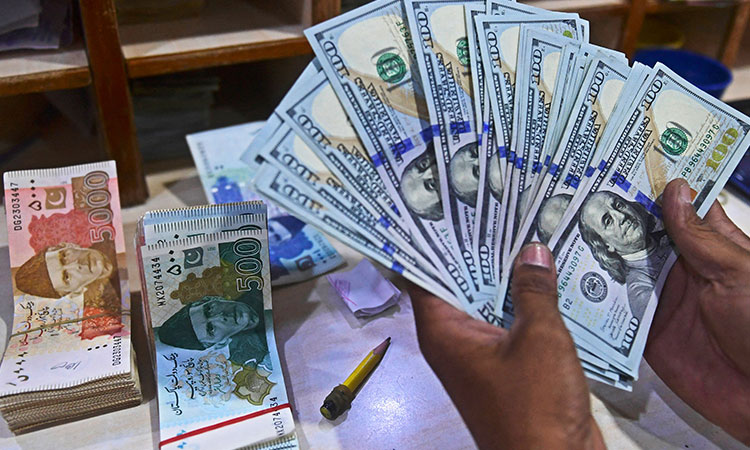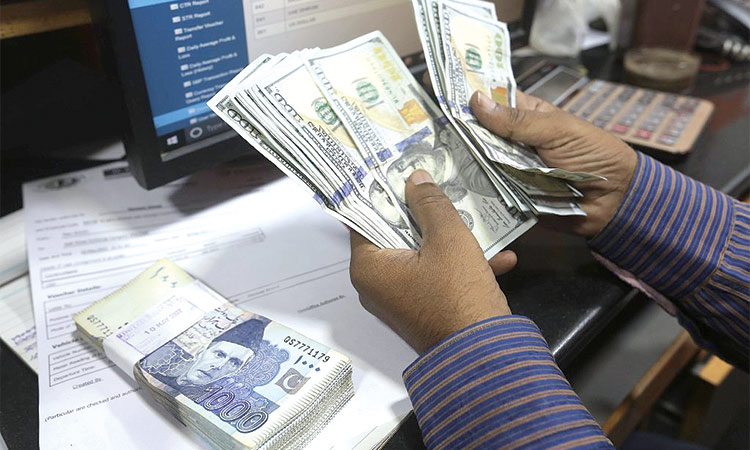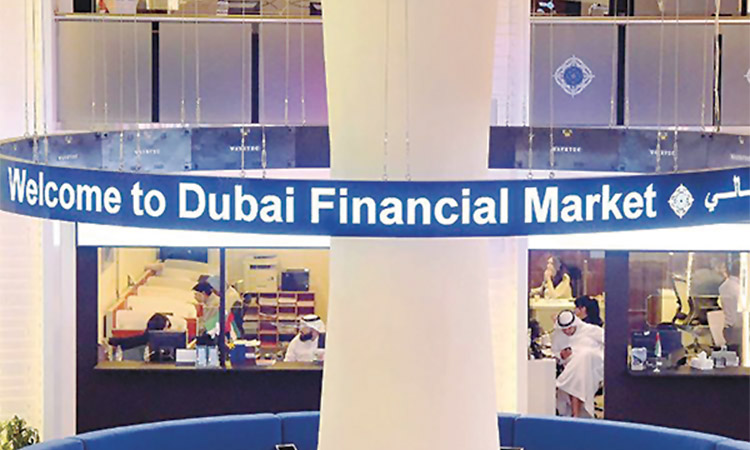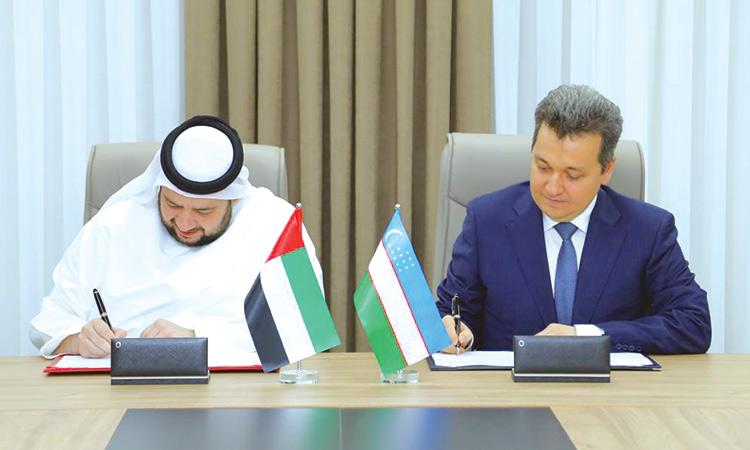Pakistan central bank raises key policy rate by 300 bps
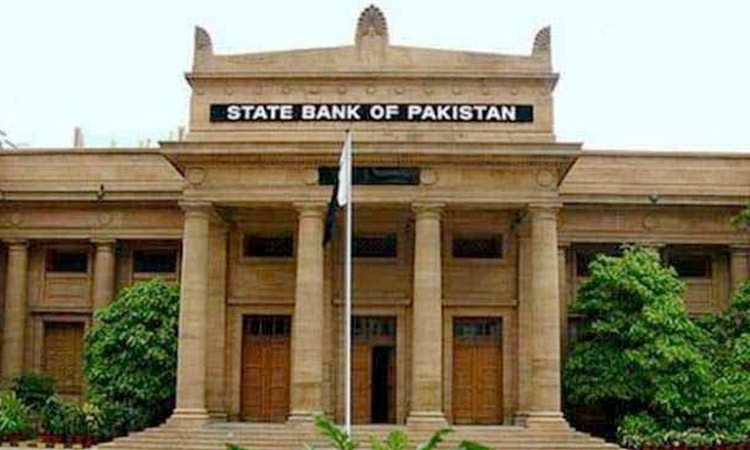
Picture used for illustrative purpose only.
The key rate of the State Bank of Pakistan (SBP) now stands at 20%, its highest level since October 1996. Investors polled by Reuters had expected a rate hike of 200 bps.
The SBP had brought forward its policy meeting from an original date of March 16, with local media saying the rate hike was a key requirement to get the IMF funding released.
In its last policy meeting in January the bank raised the rate by 100 bps to 17%. It has now raised rates by a total of 1025 bps since January 2022.
“The MPC noted that the recent fiscal adjustments and exchange rate depreciation have led to a significant deterioration in the near term inflation outlook and a further upward drift in inflation expectations, as reflected in the latest wave of surveys,” the SBP said in a statement.
The SBP sees inflation rising further before it begins to fall. The central bank states that the average inflation for the year is now expected in the range of 27 - 29% against the November 2022 projection of 21 - 23%.
“In this context, the MPC emphasized that anchoring inflation expectations is critical and warrants a strong policy response.”
Suleman Maniya, head of advisory at Vector Securities, said that while the CPI can potentially increase more with the fiscal actions related to subsidy removals and exchange rate weakness, the government needs to focus on improving the supply side urgently, especially of food and agricultural items.
The government, for its part, is trying to cut expenditure and increase revenue through taxes, and has allowed the rupee to depreciate.
As per the ninth review of a previous deal with the international lender, the IMF is due to release a tranche of over $1 billion to Pakistan.
The Pakistani rupee slumped nearly 6% against the U.S. dollar on Thursday with no clarity on the IMF fund release.
“Today’s slide in the rupee and policy rate hike can be seen as a step towards unlocking the next tranche from the IMF,” said Saad Rafi, head of equities at Al Habib Capital Markets.
Pakistan’s consumer price index (CPI) jumped 31.5% in February year-on-year, the highest annual rate in nearly 50 years, as food, beverage and transportation prices surged more than 45%.
The Committee also decided to hold its next meeting on April 4, 2023. It was previously scheduled for April 27, 2023.
Pakistan’s rupee touched a record low and its dollar bonds slumped on Thursday as the country struggles to unlock critical IMF funding, while a bigger-than-expected interest rate hike failed to revive its markets.
The rupee hit a record low of 284 per U.S. dollar in local trading, Eikon data showed, before it retraced some losses to 279 per dollar, still down some 6%. The country’s international bonds fell by more than 3 cents in the dollar.
The currency - which has weakened by nearly 20% since the start of the year - has been sliding after delays in a deal between Pakistan and the International Monetary Fund (IMF) that parties have been negotiating since early last month.
“A delay in IMF funding is creating uncertainty in the currency market,” said Mohammed Sohail of Topline Securities, a Karachi-based brokerage house.
The IMF funding is critical for the South Asian economy, which has been in economic turmoil, to unlock other bilateral and multilateral external financing.
Pakistan’s central bank’s foreign exchange reserves have fallen to levels barely enough to cover three weeks of imports.
A move to a market-based currency exchange rate regime is among the actions the IMF wants Pakistan to complete to clear its ninth review.
If approved by its board, that would release a funding tranche of over $1 billion that has been delayed since late last year over a policy framework.
“Our negotiations with IMF are about to conclude and we expect to sign staff level agreement with IMF by next week,” said Finance Minister Ishaq Dar on Twitter - though his comments did little to reassure the markets.
The IMF’s prerequisites are aimed at ensuring Pakistan shrinks its fiscal deficit ahead of its annual budget around June.
Pakistan has already taken most of the other prior actions, which included hikes in fuel and energy tariffs, the withdrawal of subsidies in export and power sectors, and generating more revenues through new taxation in a supplementary budget.
The fiscal adjustments demanded by any deal, however, are likely to add to record high inflation, which hit 31.5% year-on-year in February, analysts say.
To try to tackle soaring inflation, shore up its currency and fulfil another IMF demand, Pakistan’s central bank announced on Thursday a larger-than-expected 300 bps interest rate hike.
Bringing forward a meeting that had originally been scheduled for March 16, policy makers lifted the key lending to 20% - its highest level since October 1996.
Bilateral and multilateral external financing are among the other IMF demands, but progress has been slow.
Long-time ally China is the only country that has refinanced $700 million to Islamabad.
Speaking at a regular China foreign ministry media briefing on Thursday in Beijing, spokeswoman Mao Ning said China and Pakistan were “all-weather strategic partners and solid friends” and called on all creditors to “act together and play a constructive role in stabilising Pakistan’s economy and society.”
Agencies
